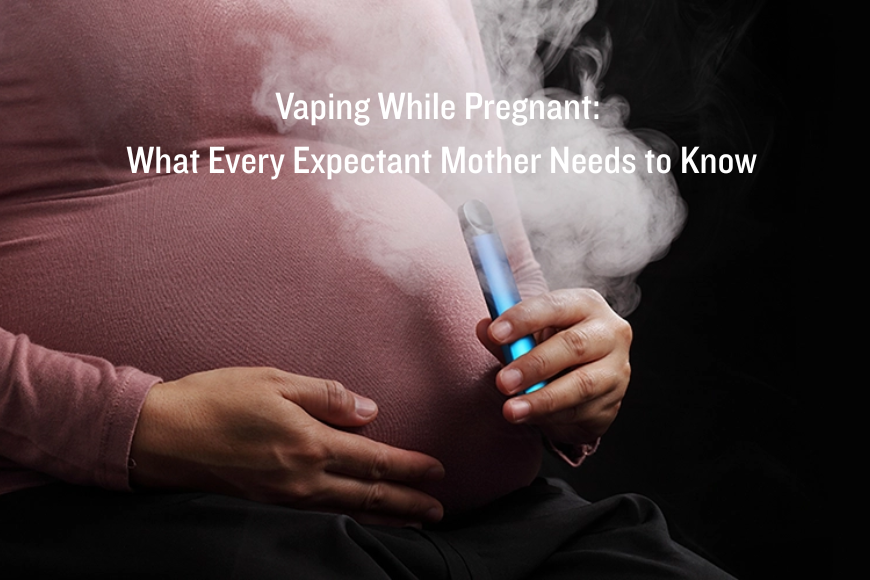Every pregnant woman hopes to have the smoothest ride throughout her pregnancy period and to give birth to a healthy child—anything that may appear to possibly tamper this perception would not be acceptable to a majority of pregnant women.
However, a woman who has become addicted to vaping, or sees vaping as a way of coping with stress, emotions, or other feelings, may face the big challenge of totally avoiding vaping during her pregnancy period.
Now, this calls for some argument: Is it safe for pregnant women to vape? Does vaping while pregnant have any adverse effect on the pregnant woman and/or her baby? Let’s dissect these notions with relatable scenarios.
Vaping While Pregnant: What Expectant Mothers Must Know
Expecting a little one is one of life’s most thrilling adventures—for women, but it also comes with a mountain of health decisions. You may have heard that vaping is a “safer” alternative to cigarettes, but how does it really stack up when you’re pregnant?
When you inhale vape aerosol, you’re exposing both yourself and your unborn baby to a cocktail of chemicals—nicotine, flavorings, solvents, and fine particulates. Nicotine easily crosses the placenta, binding to fetal nicotinic receptors and disrupting brain and lung development.

Animal studies have demonstrated that prenatal nicotine exposure can lead to lasting changes in neurodevelopment, making babies more susceptible to learning difficulties and behavioral problems later in life.
Beyond nicotine, eliquids contain heavy metals (lead, nickel), volatile organic compounds (formaldehyde, acetaldehyde), and ultrafine particles that can penetrate deep into fetal tissues. Although aerosol levels of some toxicants are lower than in cigarette smoke, they remain harmful during critical windows of fetal growth.
More so, it is important to note that smoking or vaping can affect reproductive systems, such that the patient may find it difficult to fall pregnant (for women). Vaping can also cause In-Vitro Fertilization (IVF) to be less successful. If vaping can cause these distortions to reproduction, then it apparently can cause concerning effects even after the first stage of reproduction has occurred successfully.
What Happens to Your Baby if You Vape While Pregnant?
Being a mother comes with sacrifices—some of which may not be convenient at the start. As a pregnant woman, you must consider the health of your unborn child. Yes, 9 months is a lot of months to stay away from what you love most—vaping, but when you consider the possible everlasting adverse effect on your child, it could be worth it to ditch vapes for even a year.
Vaping while pregnant has been linked with a couple of risky health conditions for mother and child, these include:
Low Birth Weight & Preterm Birth
Due to the nicotine presence in most vapes, the chances of the pregnant woman having constricted uterine blood vessels are high, as well as reduced oxygen and nutrient flow. This condition is linked to lower birth weights and higher rates of preterm delivery, which can trigger complications like respiratory distress and developmental delays.
Altered Brain Development
Studies show prenatal nicotine exposure can impair synapse formation, affecting attention, learning, and memory in newborns. In rodent models, vaping-equivalent nicotine doses reduced hippocampal growth—a brain region crucial for learning and memory.
Respiratory Issues
Exposure to vape particulates increases the risk of bronchial hyperreactivity and childhood asthma. An Ohio State University study showed reduced lung function and higher susceptibility to airway inflammation in the offspring of mothers who vaped (with or without nicotine).
Potential Birth Defects
While human data are limited, animal research suggests a link between prenatal vaping and craniofacial anomalies like cleft palate, as well as cardiovascular malformations, which calls for the need for caution towards vaping in pregnancy.
Can Vaping While Pregnant Increase the Risk of Miscarriage?
The evidence on miscarriage is nuanced. Traditional cigarette smoking clearly does carry a high risk of miscarriage, but direct studies on e-cigarettes on this subject matter are fewer. However, if smoking poses this level of risk, many people believe that the same applies to vaping, since the two acts—although different—have a lot of similarities.
A 2023 U.S. study found mint- and menthol-flavored e-liquids correlated with higher odds of pregnancy loss (miscarriage or stillbirth), possibly due to flavoring chemicals that disrupt placental function.
Given these red flags—and the challenge of separating exclusive vaping from dual use (vaping plus smoking)—the safest stance is: if you’re pregnant, avoid all vaping products to minimize miscarriage risk. It is not proven that vaping can cause miscarriage, but to be forewarned is to be forearmed.
Is Vaping Safer Than Smoking During Pregnancy?
It’s a common belief that vaping—although not 100% healthy—is “safer” than smoking. Owing to this belief, some people argue that vaping is safer than smoking during pregnancy. Well, here’s what you must know.
· Vapes Contain Toxins: Vape aerosols may contain fewer carcinogens than cigarette smoke, but still deliver nicotine and multiple toxicants into the bloodstream.
· Nicotine Dosage: Vapers often consume higher nicotine concentrations than smokers. In fact, a standard disposable vape device delivers as much nicotine as 800+ cigarette sticks, and yeah, you will definitely finish a disposable much sooner than you will finish 800 cigars. So vapers tend to actually consume more nicotine than smokers.
· Additive Chemicals: The flavors and scents used in vape liquids are unregulated, and some have been tested to contain diacetyl, which leads to irreversible lung diseases like popcorn lung.
The bottom line? While vaping might reduce certain toxic exposures compared to cigarettes, it delivers more nicotine than cigarettes, and too much nicotine exposure for a developing child is a potential disaster waiting to occur.
Is It Safe to Use Nicotine-Free Vapes While Pregnant?
Alright, away from nicotine vapes, what about nonnicotine vapes (also called wellness vapes)? Whether nicotine is present or not, e-liquid ingredients are largely unregulated, you can’t be too sure if the other included ingredients are entirely safe for a pregnant woman.

For example, even non-nicotine vapes contain e-liquids that have Propylene Glycol (PG) & Vegetable Glycerin (VG), which form formaldehyde and acrolein when heated—formaldehyde and acrolein are toxic to lung tissue and potentially teratogenic. Also, some of the flavoring agents included in these vape liquids are approved for ingestion, not inhalation; so, inhaling them may trigger inflammatory responses in both mother and fetus.
Therefore, whether it’s vitamin vape, zero-nicotine Geek Bar vape, or other types of wellness vapes, health experts advise that non-nicotine vaping during pregnancy still carries unknown—but plausible—risks to fetal development.
When Should You Stop Vaping During Pregnancy?
The sooner, the better. Fetal development is most vulnerable during the first trimester when organs form and neural pathways establish. Ideally, cessation should begin before conception. If that isn’t possible, quitting at any point during pregnancy can still reduce the associated risks. Make sure to consult your OB-GYN early. If necessary, opt for counseling and approved tailored nicotinereplacement therapies (NRT) to minimize fetal exposure.
How to Quit Vaping While Pregnant: Tips for Expecting Mothers
It may appear too difficult, but it’s doable—and it’s for the betterment of both parties: the mother and the baby. Here are some tips to help.
1. Build a Support Network: Engage family, friends, your healthcare team, and peer support groups for pregnant quitters.
2. Leverage Behavioral Therapies: Cognitive-behavioral techniques help you identify triggers and develop healthy coping strategies.
3. Consider Nicotine Replacement Therapy (NRT): Under medical supervision, low-dose NRT (patches, gum) may be safer than continued vaping.
4. Use Digital Tools: Apps and textmessage programs (e.g., SmokeFreeMOM) provide daily tips, motivational messages, and progress tracking.
5. Set Realistic Goals: Aim for gradual reduction: halve your vaping frequency one week, then eliminate flavor pods the next.
6. Mindful Substitutes: Sipping flavored herbal tea, chewing sugar-free gum, or practicing deep-breathing exercises can alleviate nicotine cravings without harmful chemicals.
7. Professional Counseling: You can ask your obstetrician for referrals to specialized smoking cessation clinics that handle vaping cessation patients. They often offer personalized plans, ultrasound-guided progress checks, and peer support groups.
Summary
Vaping during pregnancy is far from risk-free; the possible risks range from impaired brain and lung development to potential miscarriage and preterm birth. No form of vaping is safe for a pregnant woman—even a breastfeeding mum—whether the vape delivers nicotine or not. It is advisable to abstain from vaping the moment you notice you’ve become pregnant and continue with the cessation all through the pregnancy period.







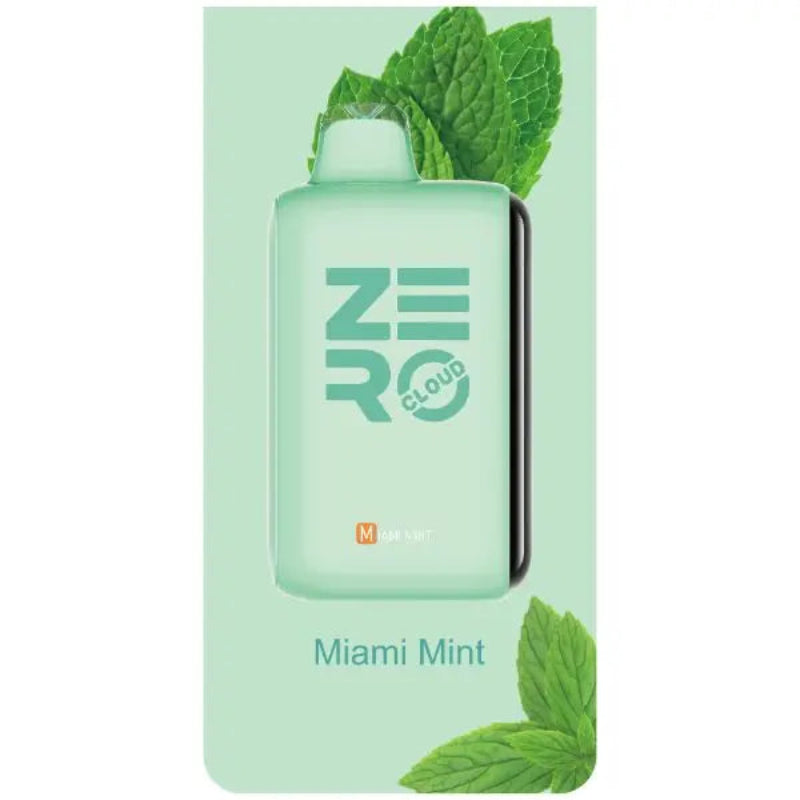
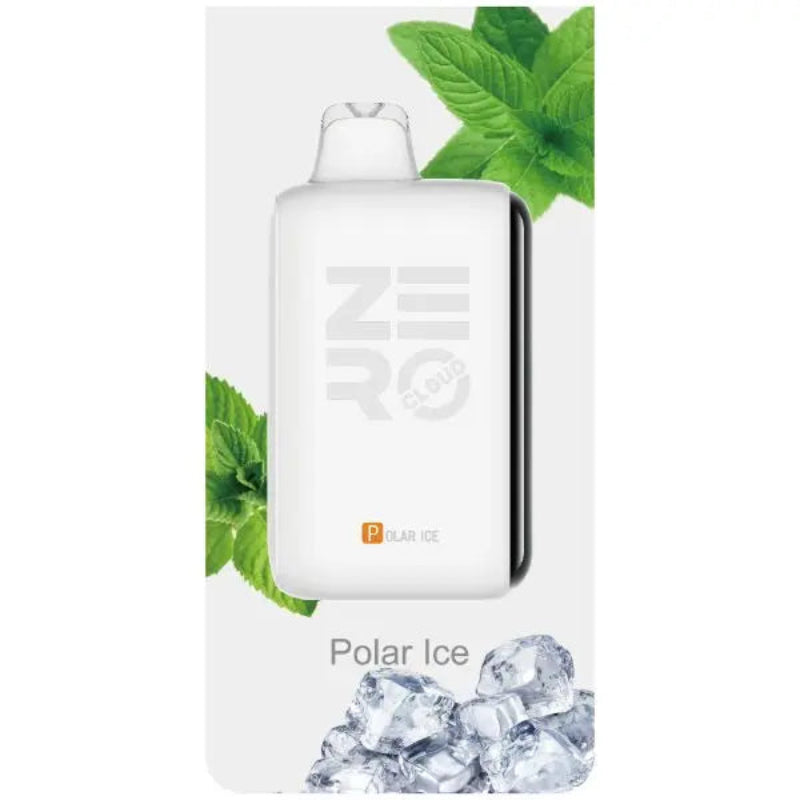
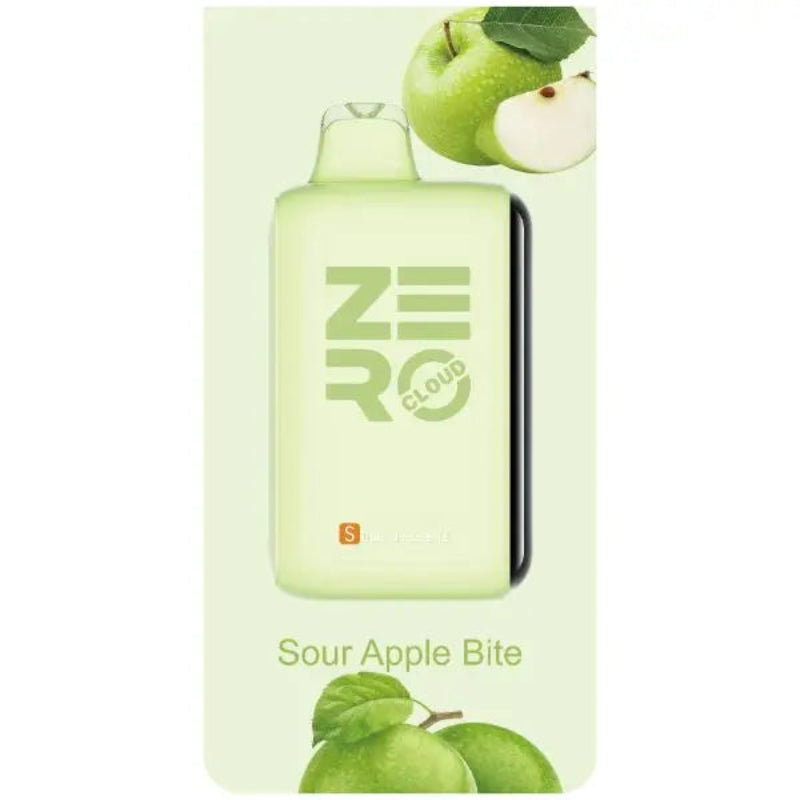





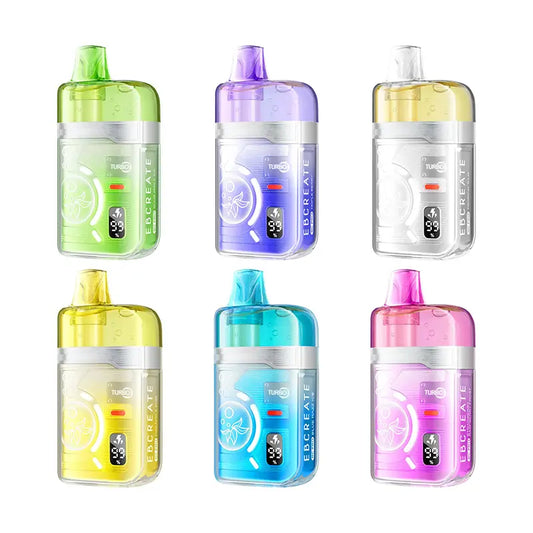
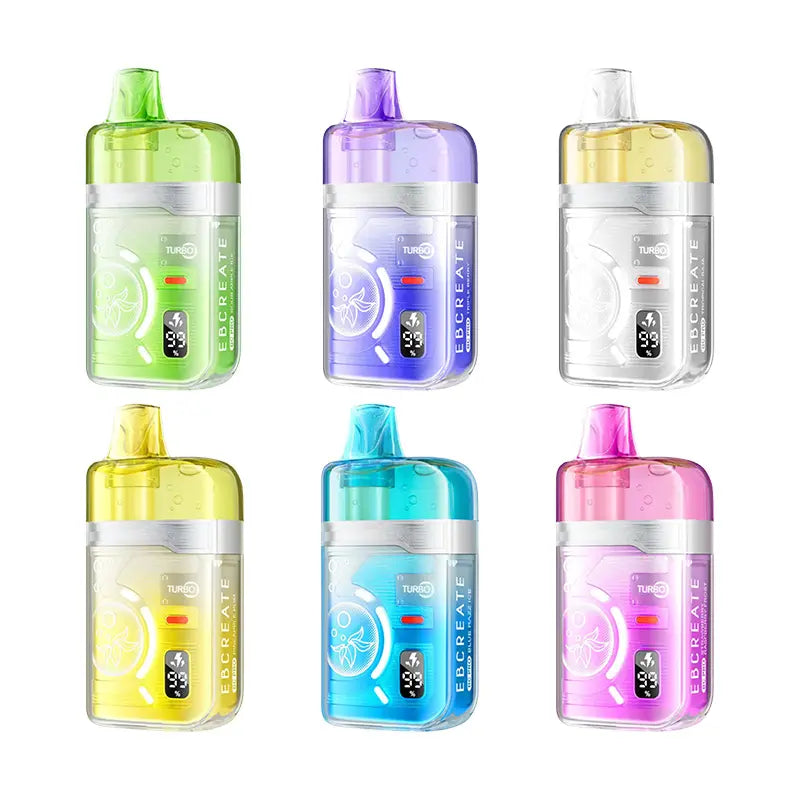
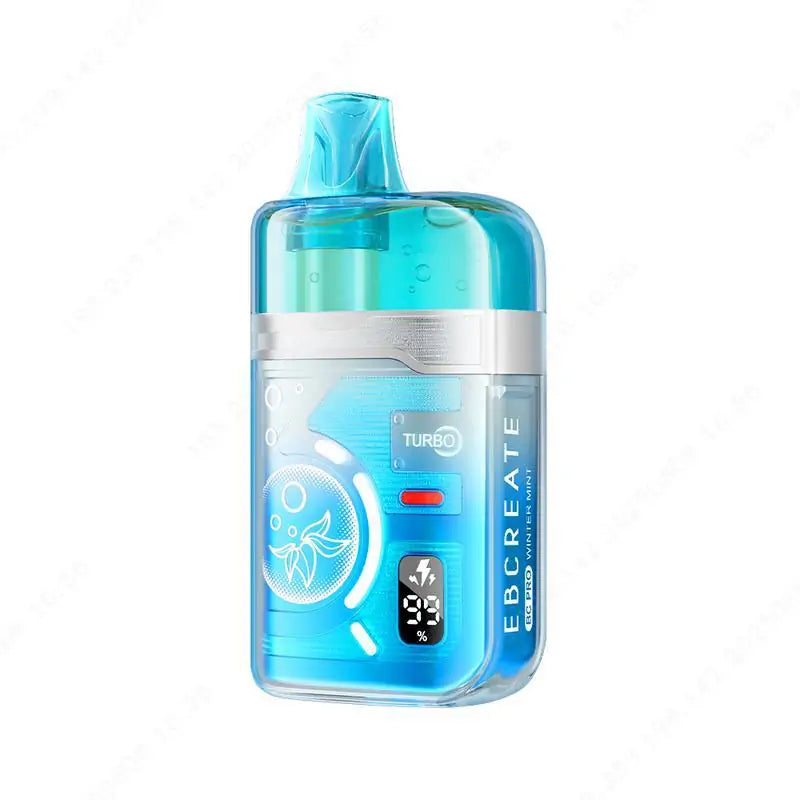
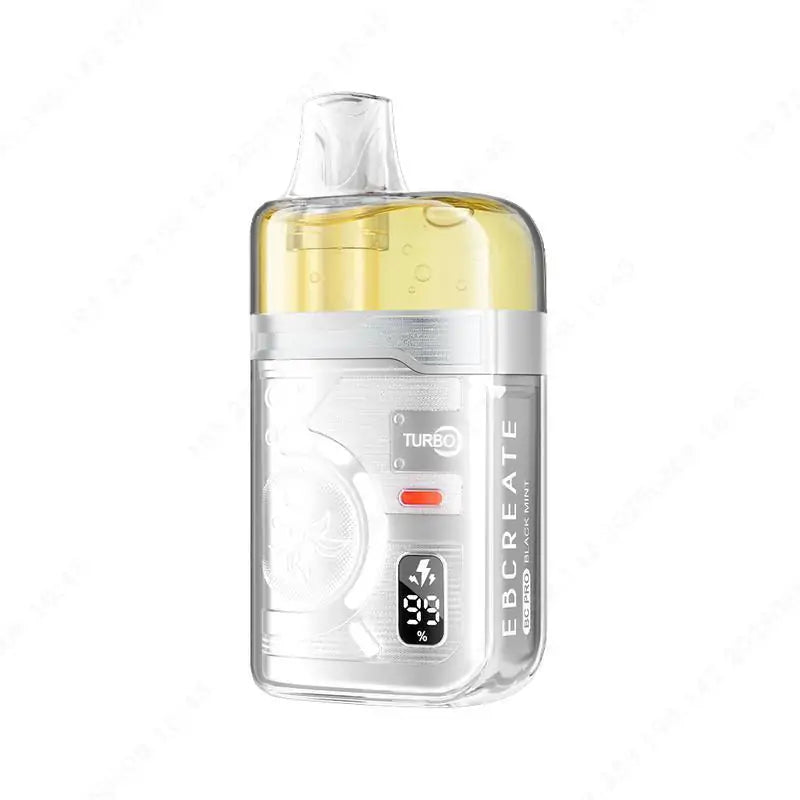
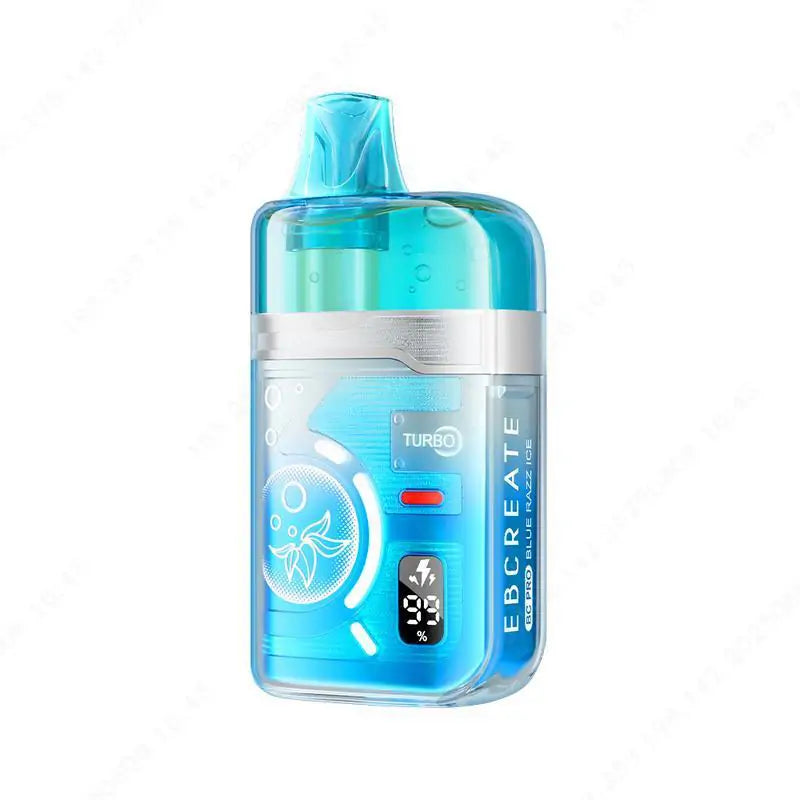
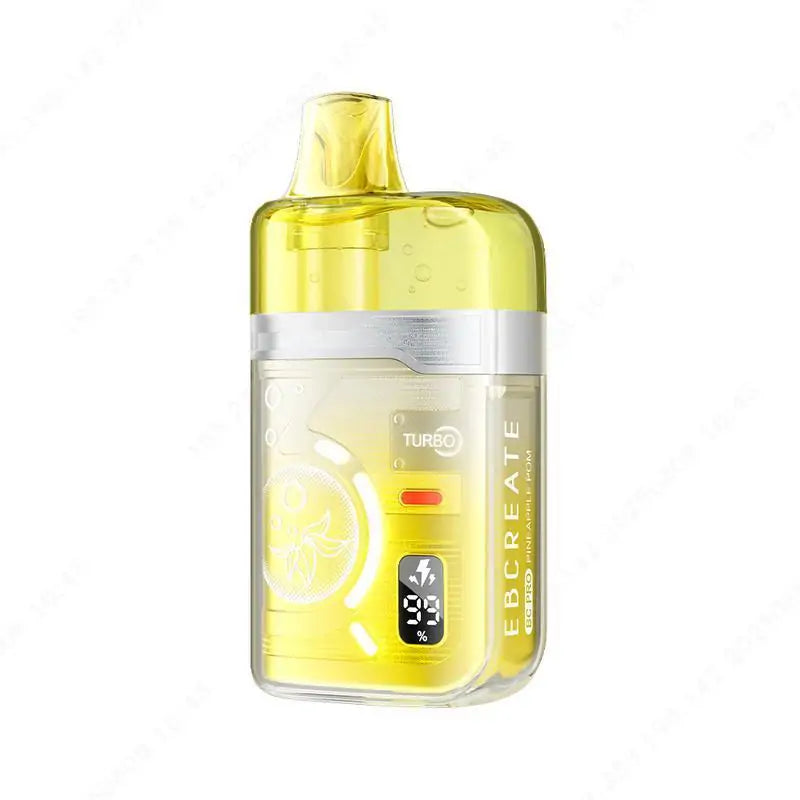
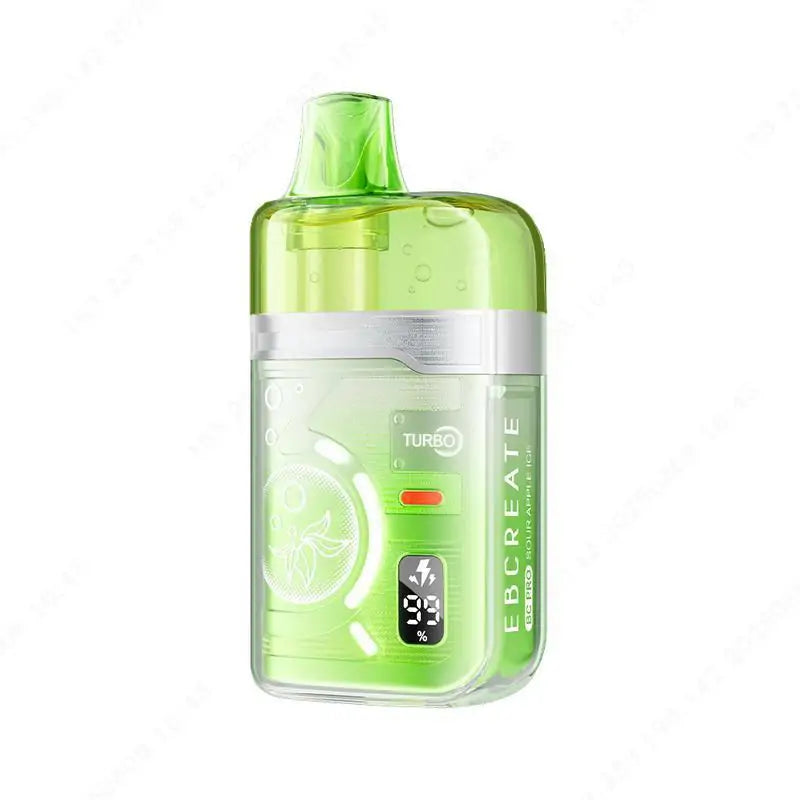
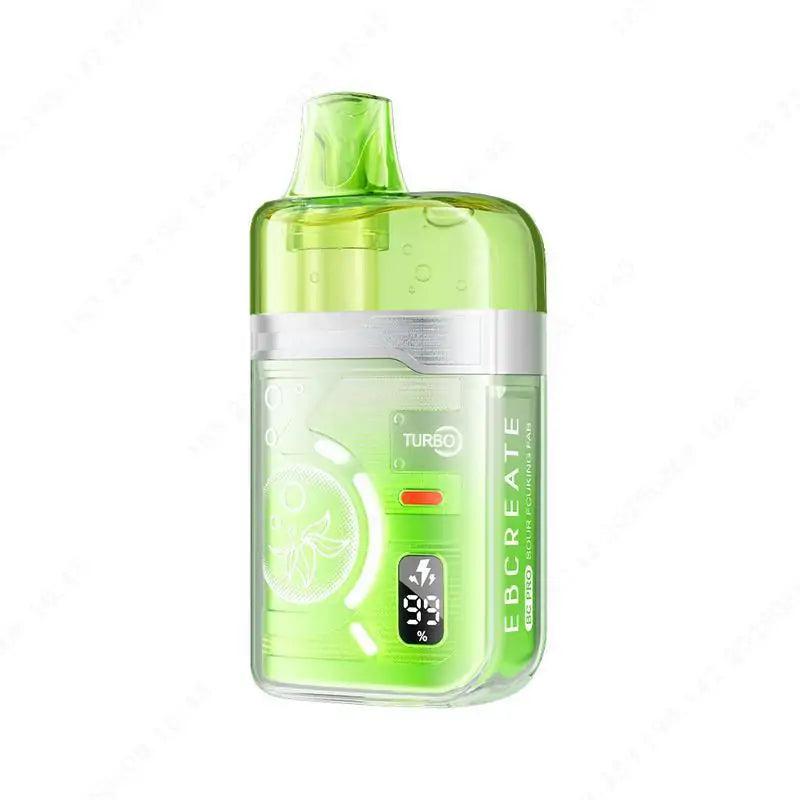
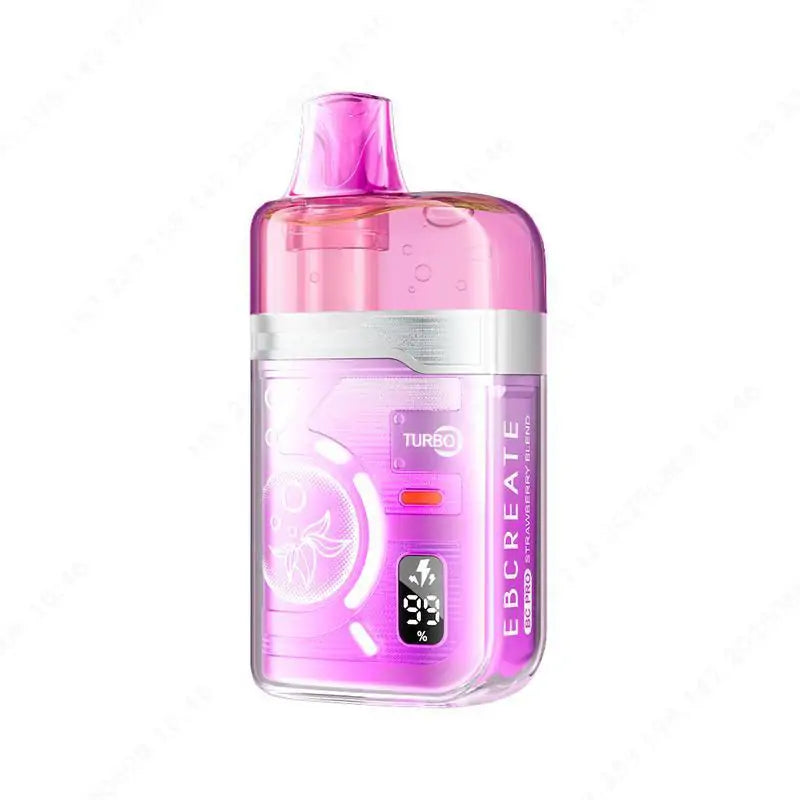
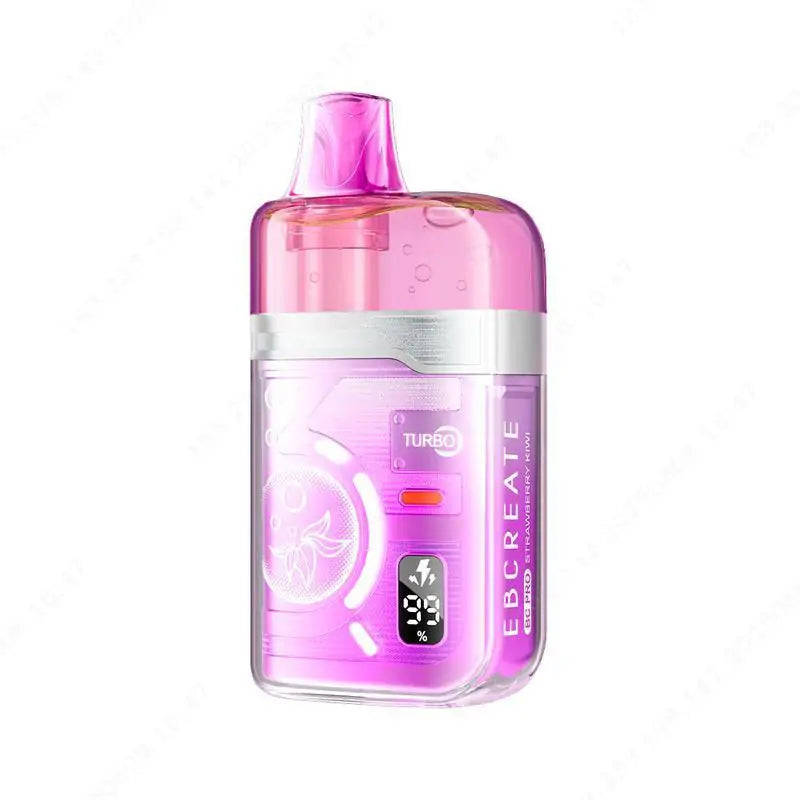
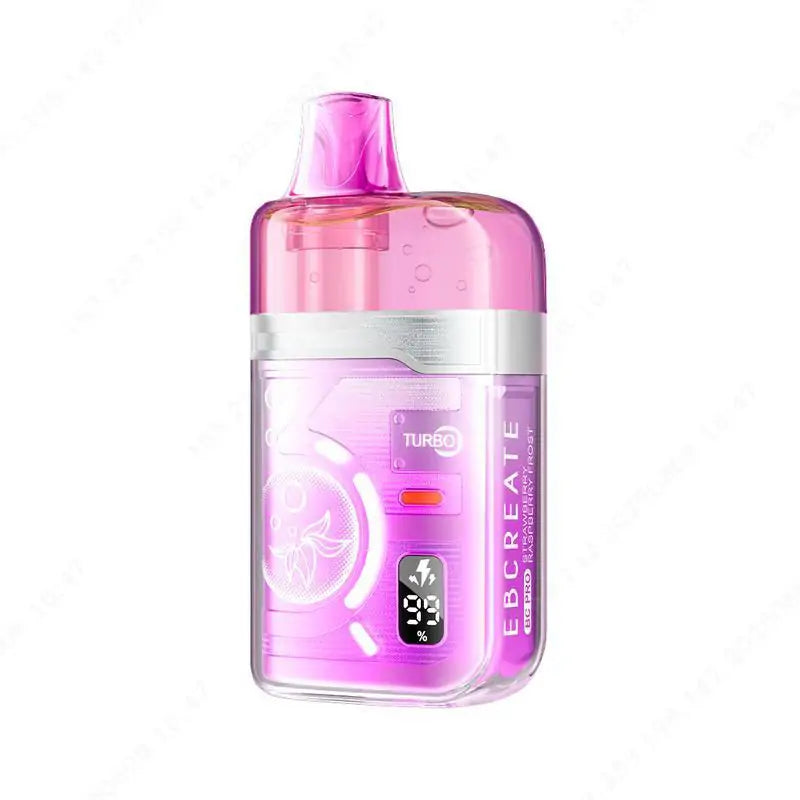
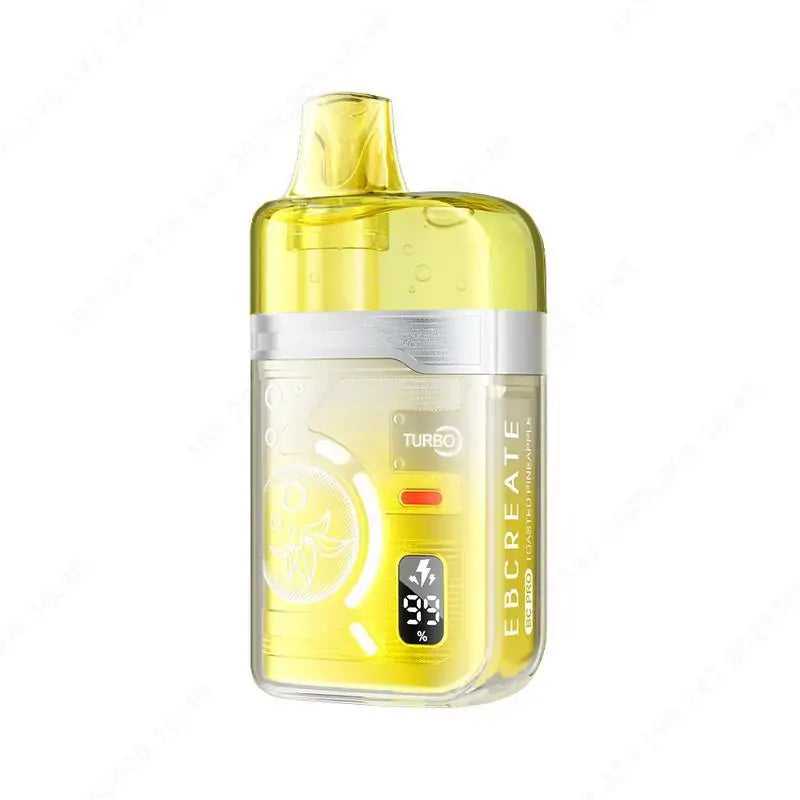
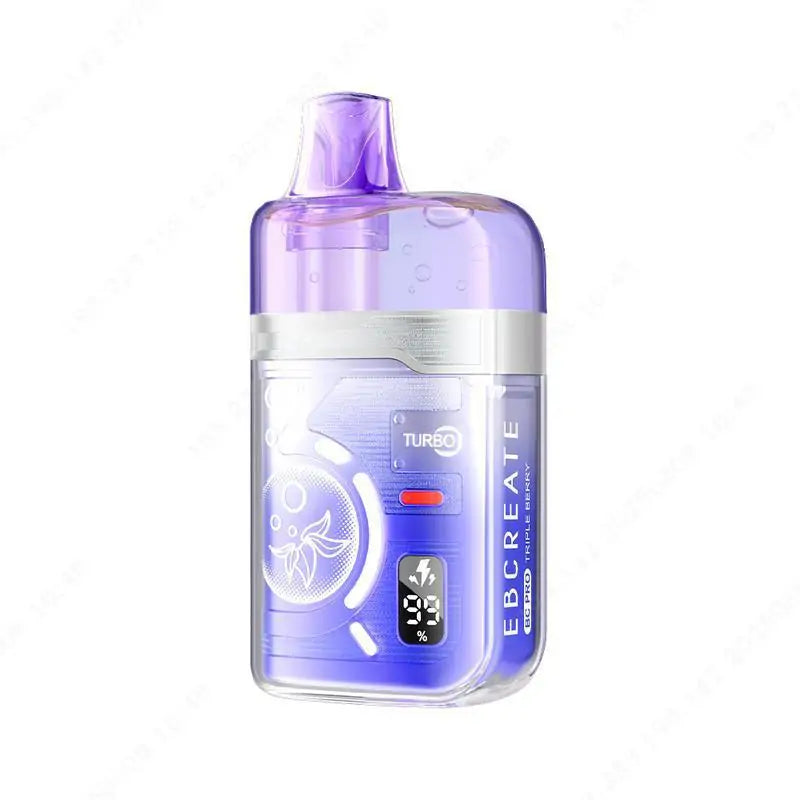
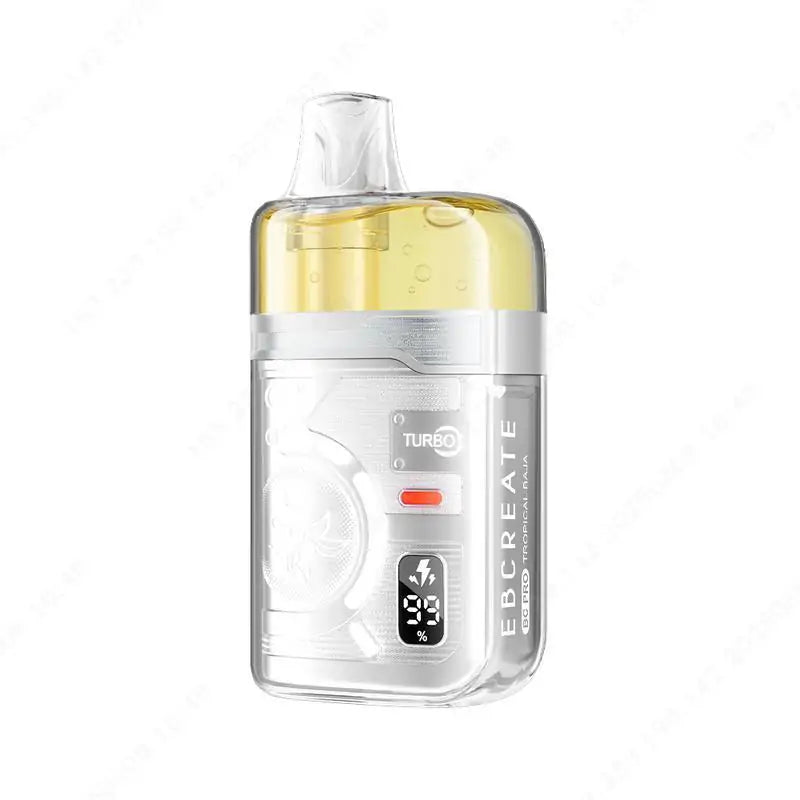
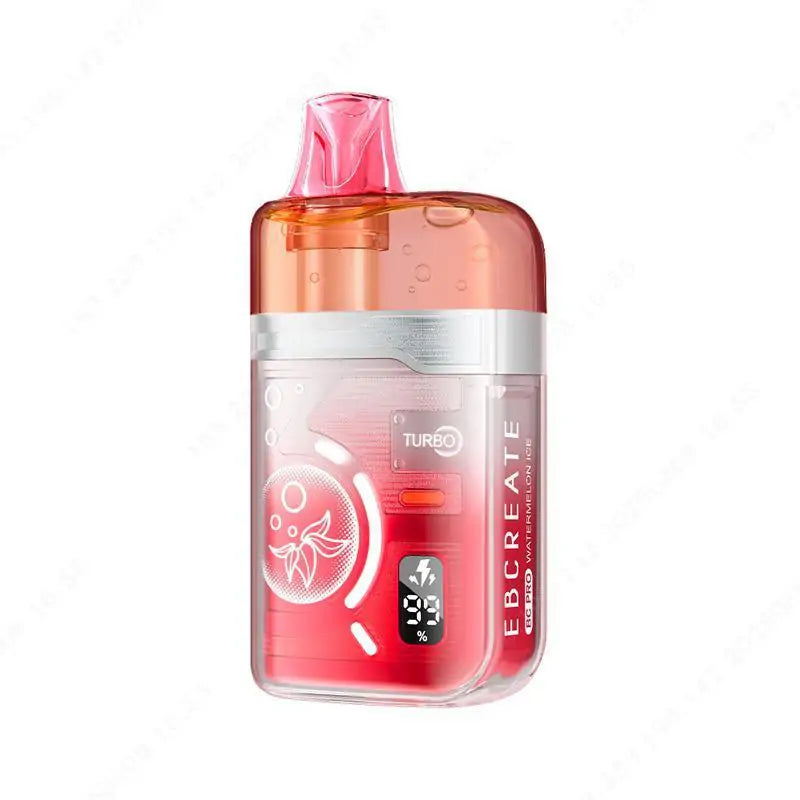
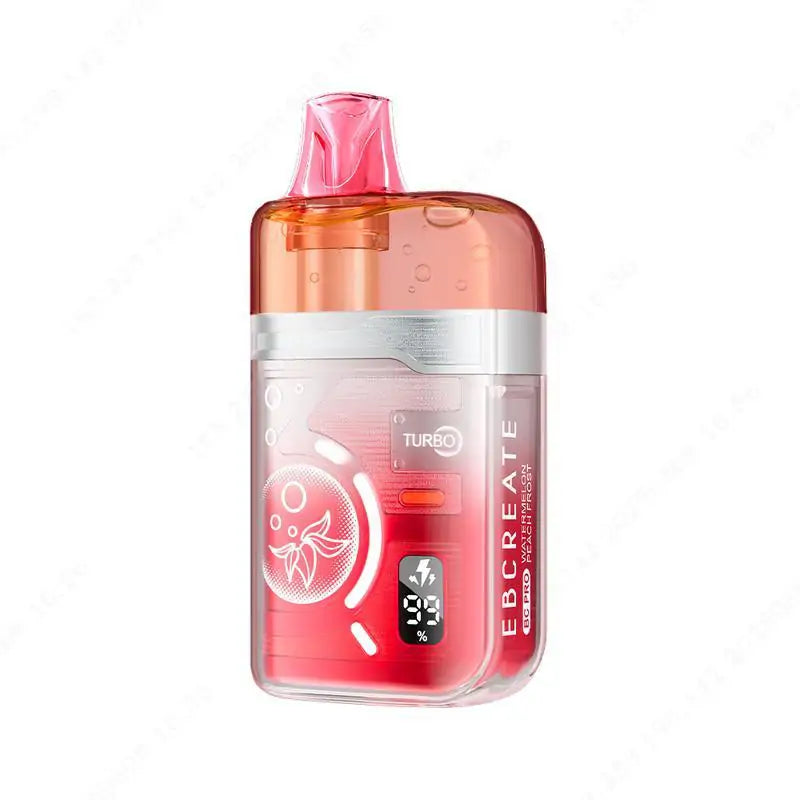
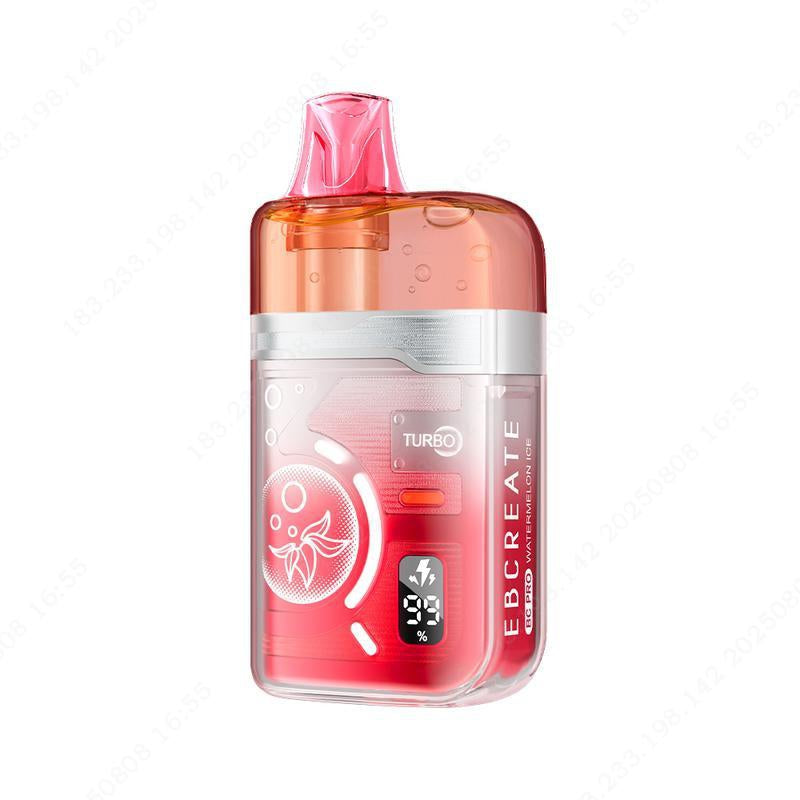


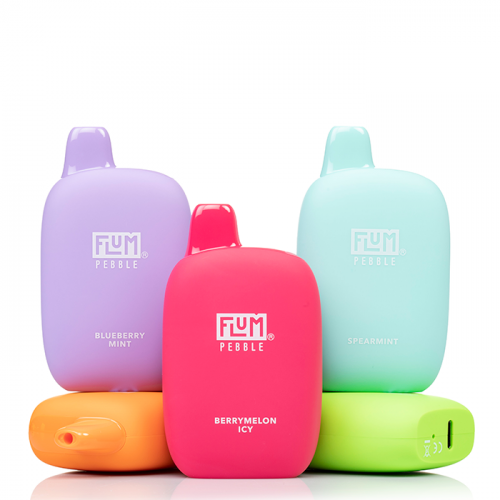
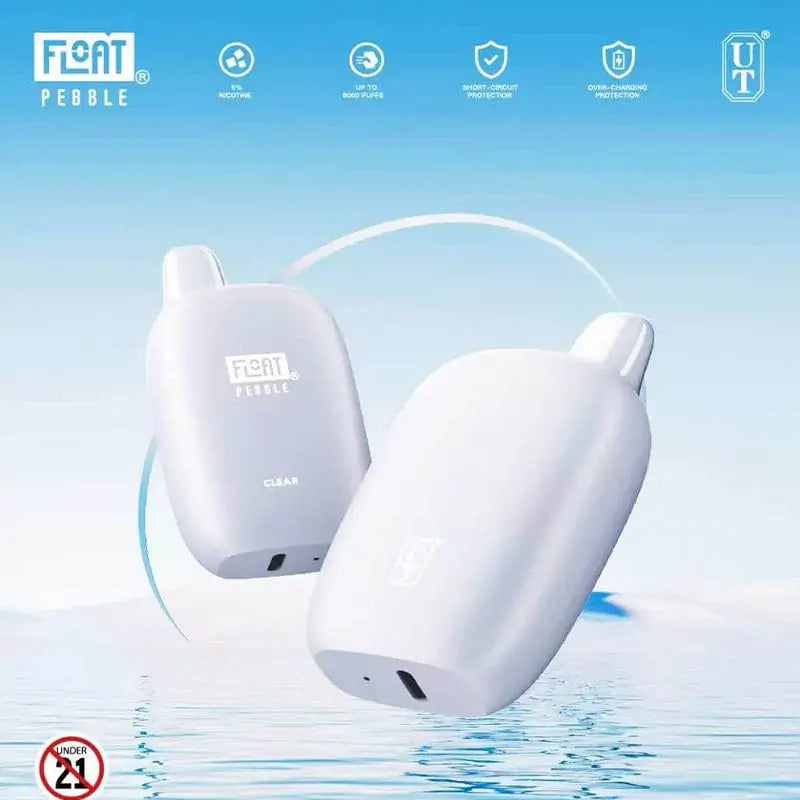


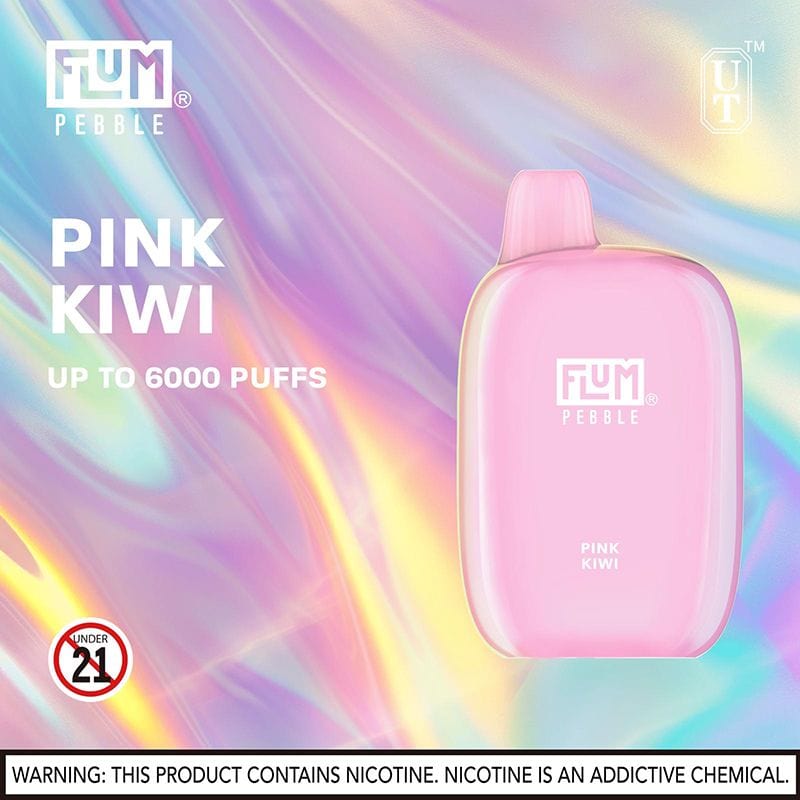
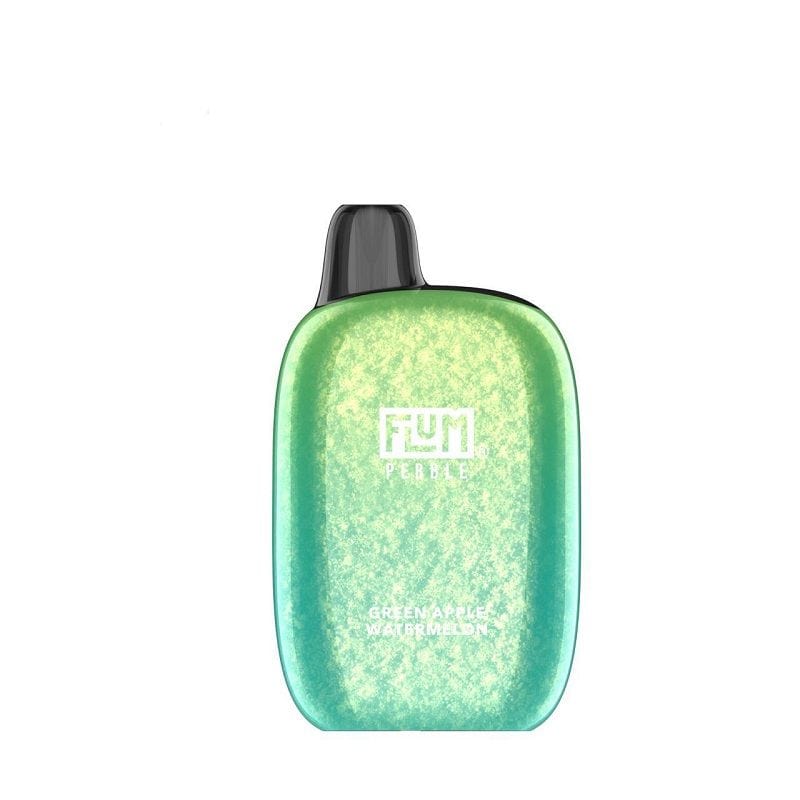
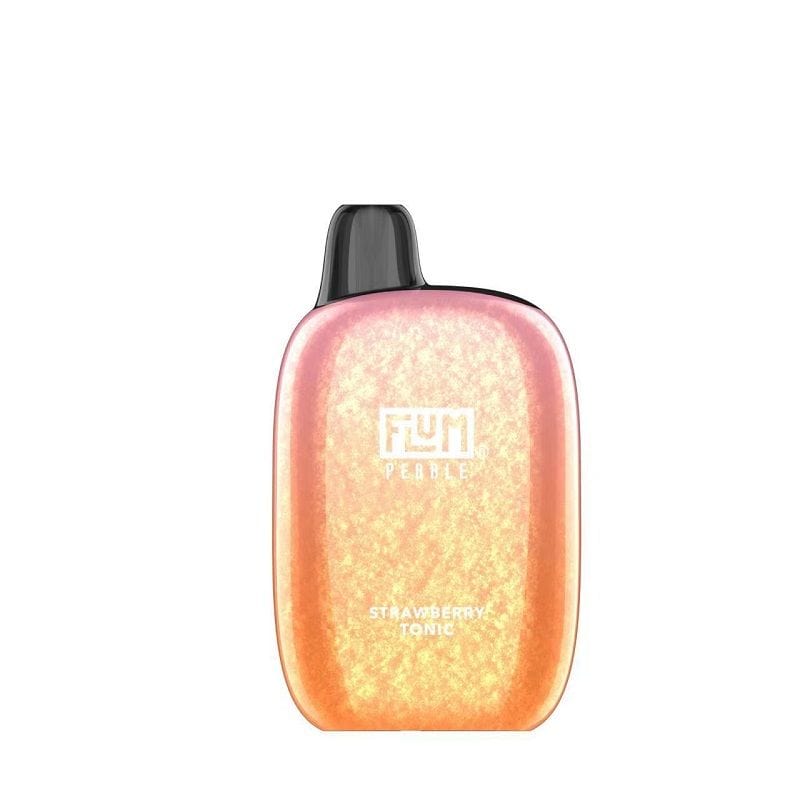
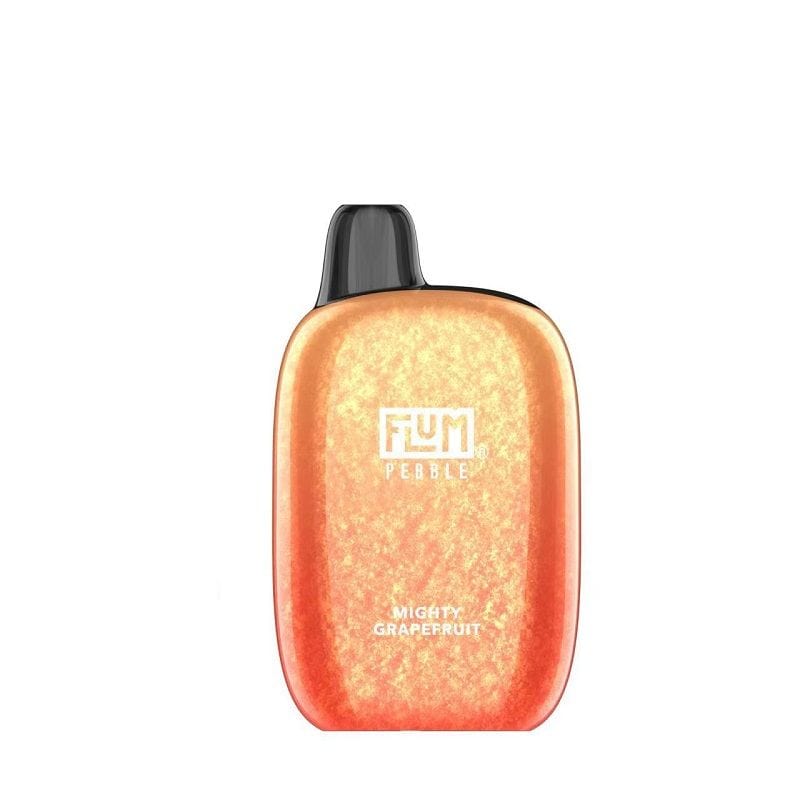


![Baja Blast Geek Bar Review and Alternatives [2025 Latest]](http://www.vapingland.com/cdn/shop/articles/baja-blast-geek-bar.png?v=1759403383&width=100)
